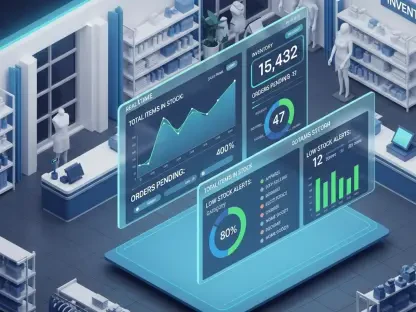Many industries have been affected by the COVID-19 pandemic, whose effects are estimated to propagate in the entire decade. It’s a key moment in the history of the modern era when people are beginning to understand the reality of a new virtual world and embrace the implications of social distance.
Recent studies have shown how different categories of people are dealing with this period of social isolation by completely changing their online shopping behaviors. Some are driven by mental drivers, like depression, which makes them buy more in order to fill a void inside. Others are desperately trying to make supplies and are bulk-buying out of fear of remaining without resources.
On the other hand, after three months of lockdown, unemployment is three times higher than at the beginning of this year. As a result, many people are now sticking to buying only food and essentials.
What do all these shopping behaviors mean for brands? How can they adjust to this new reality of closed physical stores and 24/7 open online services?
How Does Panic Buying Happen?
Paul Marsden, a consumer psychologist, talks about bulk-buying as part of satisfying three fundamental desires:
“These needs are autonomy (or the need to feel in control of your actions), relatedness (the need to feel that we are doing something to benefit our families), and competence (the need to feel like smart shoppers making the correct choice).”
These psychological factors are usually the same during personal hard times and they intensify during a global crisis. The uncertainty and misunderstanding promoted by mass media in the last couple of months have caused people to overreact and buy more products than they need, like hand sanitizers, masks, toilet paper, and food.
The fear of being left without supplies also comes from seeing other people stock up. Here’s where the crowd mentality kicks in and many people just don’t want to be left behind.
Are We Safe When Ordering Online?
The World Health Organization has declared that:
“The likelihood of an infected person contaminating commercial goods is low and the risk of catching the virus that causes COVID-19 from a package that has been moved, traveled, and exposed to different conditions and temperature is also low.”
That being said, the risk of catching the virus from online purchased products is extremely low.
How Are Different Age Groups Shopping During the Pandemic?
Millennials and Gen Zs are the ones that shifted their behavior more dramatically than other generations. One survey shows that around 96% of Millennials and Gen Zs are quite concerned about the pandemic and have started to reduce expenses and stock up on food and necessities.
Older generations seem less concerned about the way coronavirus is affecting the economy and haven’t changed their shopping habits so dramatically. Only 24% of Boomers and 34% of Gen X confirmed that what they have bought in the last months is closely related to the situation caused by the pandemic.
How Have Men Changed Their Shopping Behaviors Compared to Women?
Survey data shows that women seem more likely to be troubled by the COVID-19 crisis. However, according to recent studies, men have been found to change their shopping habits more drastically than women. Also, men seem to prefer online purchases more than in-store shopping.
Is Revenue Across eCommerce Higher?
A recent survey found that people are spending 10-30% more on online shopping. Health and safety products, shelf-stable goods, food, beverage, and digital streaming are the areas that have seen the largest increase in online sales.
To conclude, everyone is still adjusting to this new reality and things change from one day to another. In an insecure environment, all brands can do is adapt to the needs and demands of their customers. There’s no easy way, but by leveraging the right strategies you can overcome this crisis more effectively.









